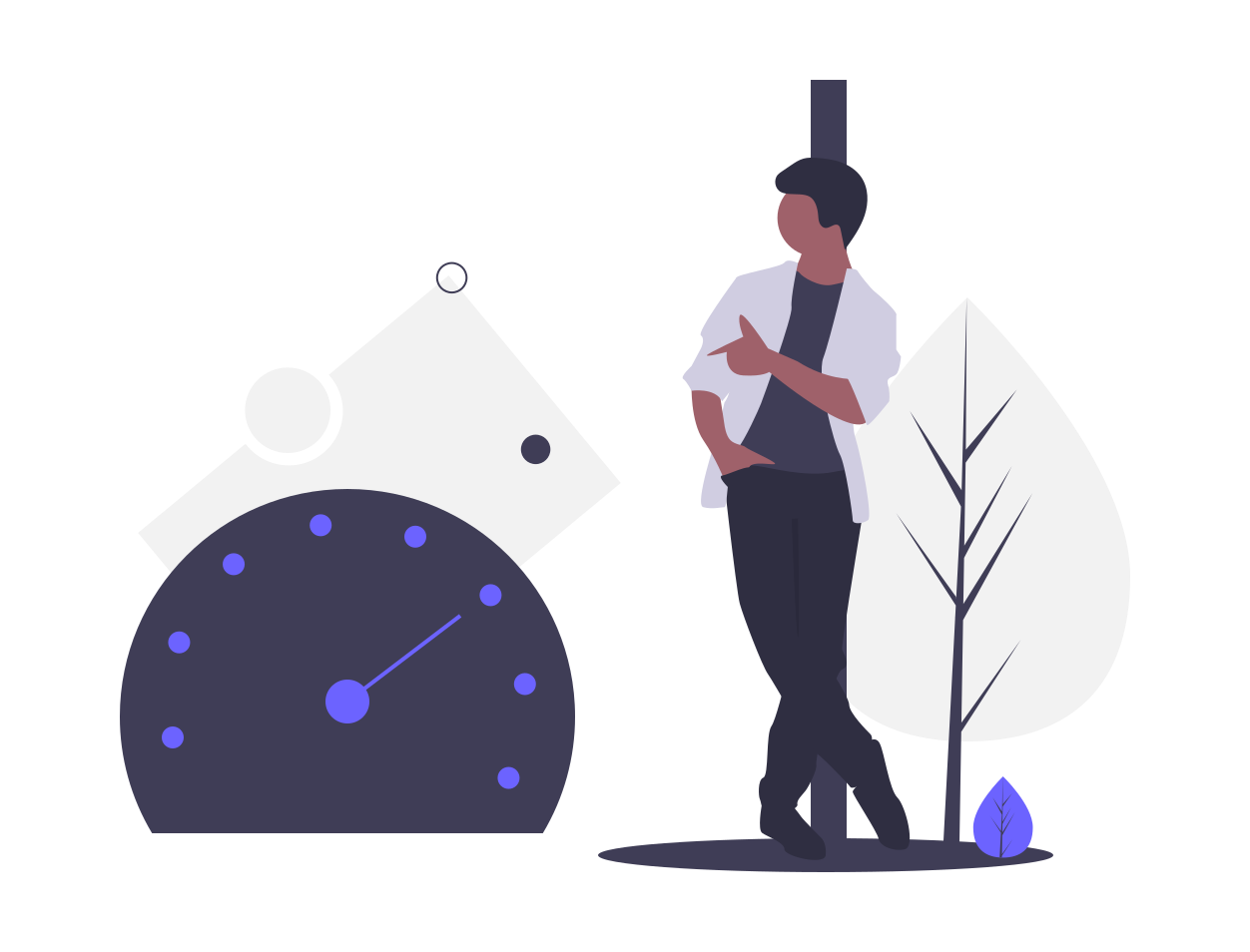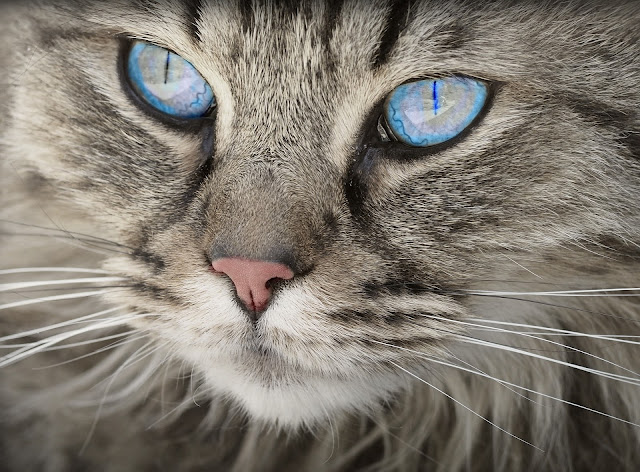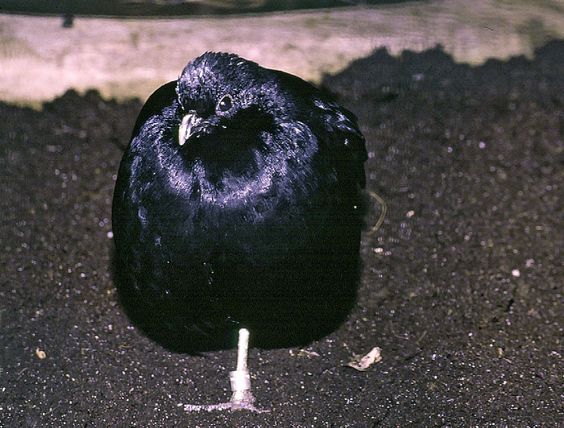How Long Do Duck Live
Ducks are fascinating creatures that have captured the curiosity of humans for centuries. Whether you've encountered them in parks, ponds, or even in the wild, you might have wondered about their lifespan. In this article, we will delve into the topic and provide a detailed analysis of the life expectancy of ducks, shedding light on various factors that influence their longevity.
Lifespan of Ducks:
Ducks, much like other avian species, exhibit considerable variation in their lifespan, which can be influenced by factors such as species, habitat, genetics, and environmental conditions. On average, the lifespan of ducks ranges from 5 to 10 years. However, it is important to note that this is a general estimate, and different species of ducks can have different lifespans.
Factors Affecting Lifespan:
1. Species: Different species of ducks have varying lifespans. For instance, smaller species like the Mallard (Anas platyrhynchos) typically have a shorter lifespan, averaging around 5 to 8 years. On the other hand, larger species such as the Muscovy duck (Cairina moschata) can live longer, with some individuals reaching up to 15 years or more.
2. Genetics: Genetic factors play a significant role in determining the lifespan of ducks. Genetic variations can impact their susceptibility to diseases, overall health, and longevity. Ducks with strong genetic backgrounds tend to have a better chance of living longer.
3. Environmental Conditions: The environment in which ducks reside greatly influences their lifespan. Factors like the availability of suitable habitat, food resources, water quality, and predation risk can all impact their survival. Ducks that inhabit urban areas may face different challenges compared to those in rural or natural habitats.
4. Predators and Disease: Predators and diseases pose significant threats to the lifespan of ducks. Predatory animals such as foxes, raccoons, and birds of prey can impact duck populations, especially during vulnerable stages of their life cycle. Diseases like avian influenza and botulism can also affect their lifespan, particularly in densely populated water bodies.
5. Human Interference: Human activities, such as hunting and habitat destruction, can impact the lifespan of ducks. Hunting, when regulated sustainably, may not pose a significant threat. However, illegal hunting and habitat loss can disrupt breeding patterns, migration routes, and overall population dynamics, negatively affecting their longevity.
6. Nutrition and Health: Adequate nutrition is crucial for the overall health and lifespan of ducks. A balanced diet consisting of a variety of aquatic plants, insects, mollusks, and small fish provides the essential nutrients for their well-being. Poor nutrition can weaken their immune system, making them more susceptible to diseases and reducing their lifespan. Similarly, exposure to environmental contaminants, such as pollutants or pesticides, can have detrimental effects on their health and longevity.
7. Migration: Many duck species are migratory, traveling long distances to find suitable breeding and wintering grounds. Migration is a demanding process that requires significant energy expenditure and exposes ducks to various risks. The hazards they face during migration, including predation, severe weather conditions, and exhaustion, can impact their survival and lifespan.
8. Reproductive Success: Reproduction is a critical aspect of a duck's life cycle. Successful breeding and raising offspring contribute to the survival of the species. Ducks invest considerable energy and time in nesting, incubation, and raising their young. Factors such as nest availability, competition for resources, and the presence of predators can influence their reproductive success, which ultimately affects their overall population and individual lifespan.
9. Captivity vs. Wild Ducks: Ducks in captivity, such as those found in parks, farms, or zoos, may have different lifespans compared to their wild counterparts. Captive ducks often benefit from a protected environment, regular food supply, and veterinary care, which can contribute to an extended lifespan. However, it's important to note that captive ducks may also face health challenges associated with improper diets, limited exercise, and lack of natural behaviors.
Conservation Efforts:
Given the diverse factors influencing the lifespan of ducks, conservation efforts are crucial for their long-term survival. Some key initiatives include:
1. Protecting and restoring wetland habitats, which serve as essential breeding and foraging grounds for ducks.
2. Implementing sustainable hunting regulations to ensure that duck populations are not overexploited, and maintaining healthy population levels.
3. Educating the public about the importance of preserving natural habitats and minimizing pollution to safeguard water quality.
4. Conducting research to better understand the specific needs and vulnerabilities of different duck species, helping inform conservation strategies.
5. Establishing protected areas and wildlife corridors to provide safe havens for ducks during migration and breeding seasons.
By addressing these factors and implementing effective conservation measures, we can contribute to the preservation of duck populations and ensure their continued existence for generations to come.
Conclusion:
The lifespan of ducks is influenced by a complex interplay of factors, including species, genetics, environmental conditions, predation, human activities, nutrition, migration, reproductive success, and captivity. While the average lifespan ranges from 5 to 10 years, individual ducks can live shorter or longer lives depending on these factors. Understanding the dynamics that impact their lifespan is crucial for developing conservation strategies aimed at protecting their habitats, regulating hunting practices, and promoting overall well-being. By working together, we can help secure a future where ducks thrive in their natural environments and enrich our world with their beauty and ecological significance.






